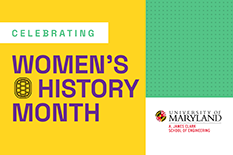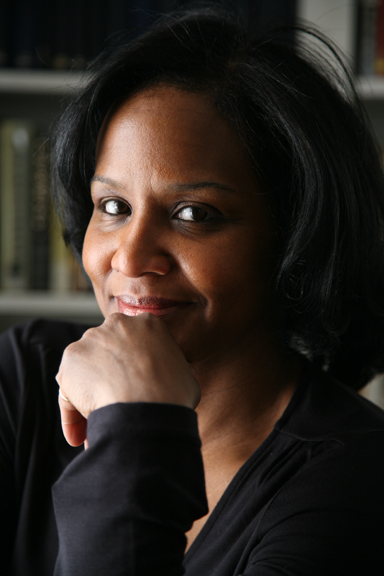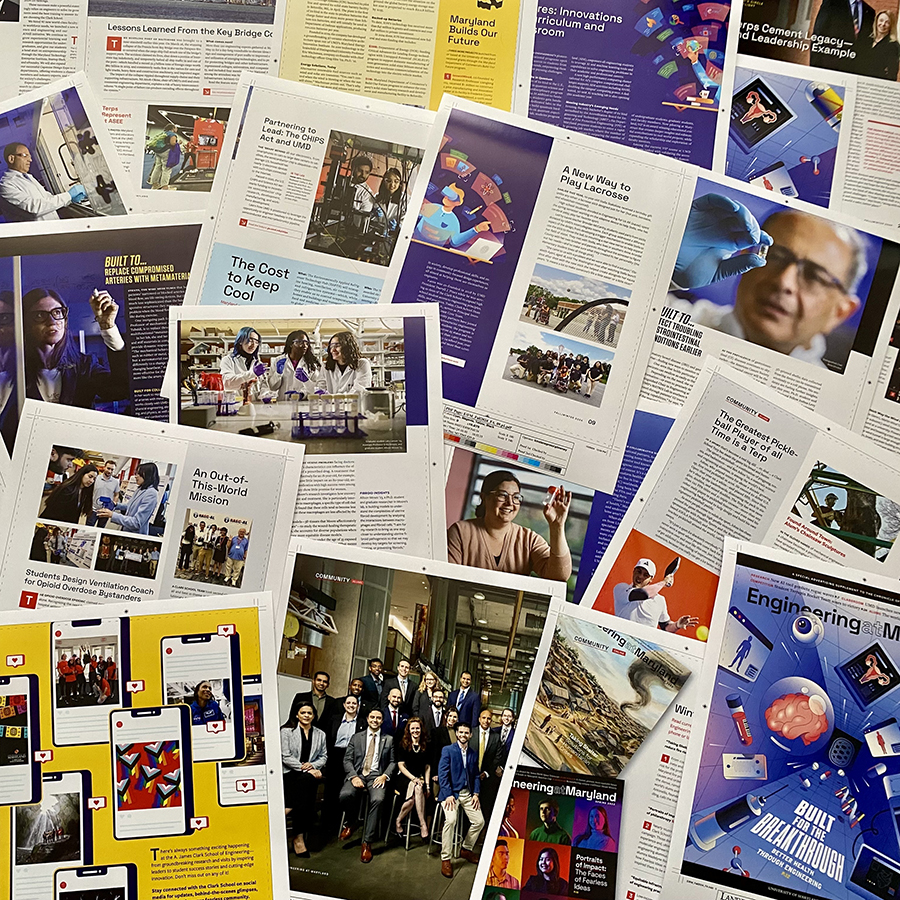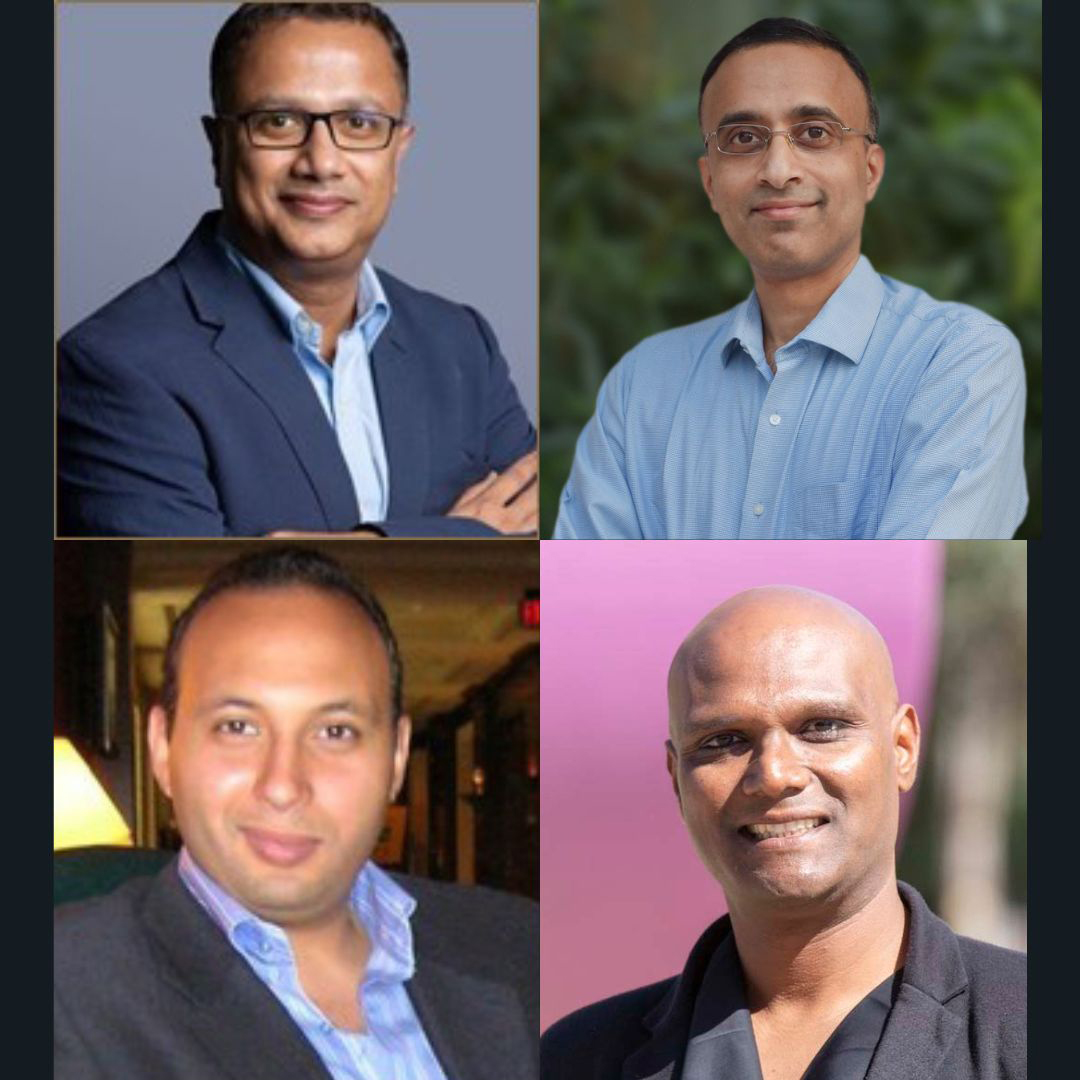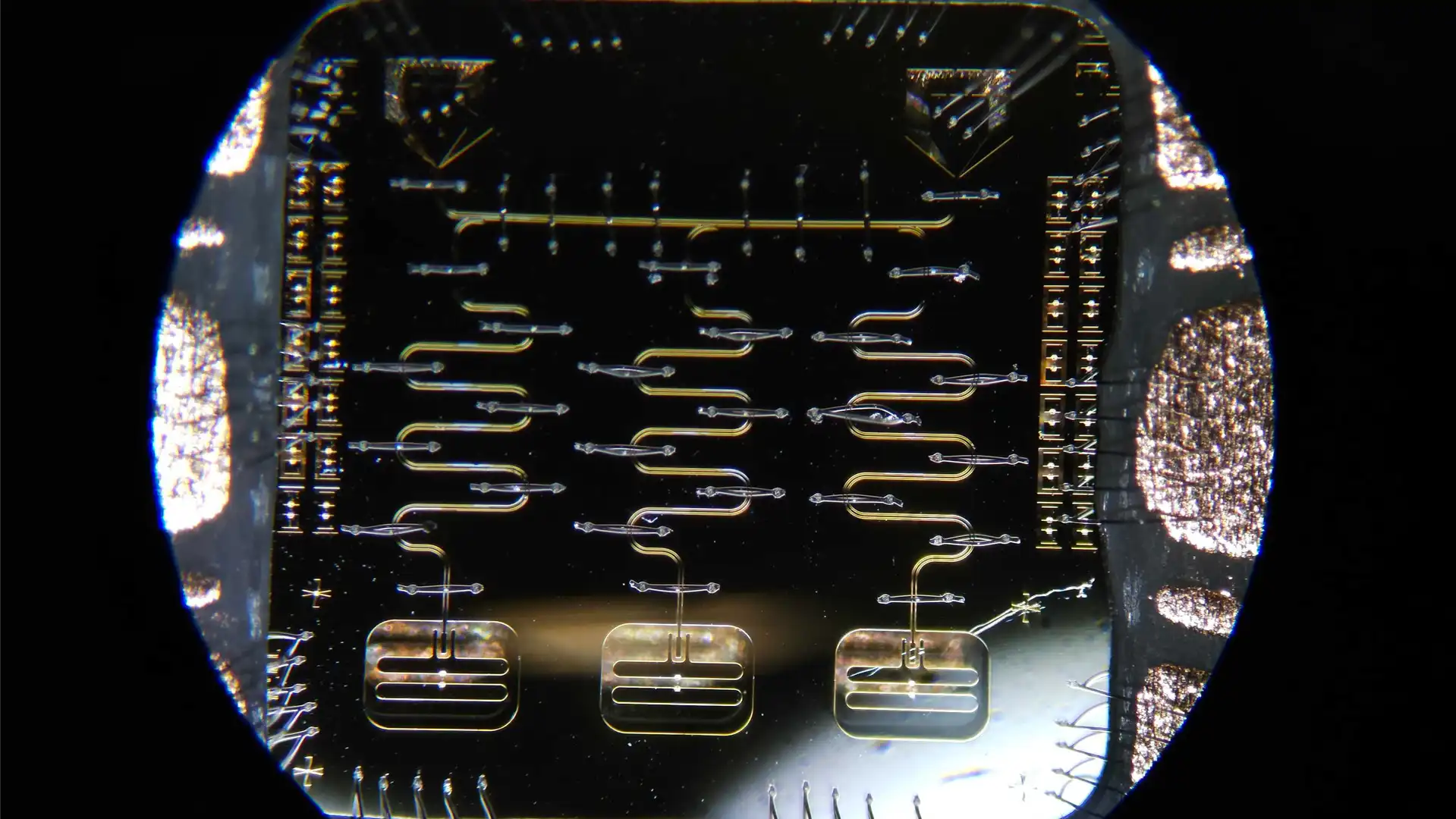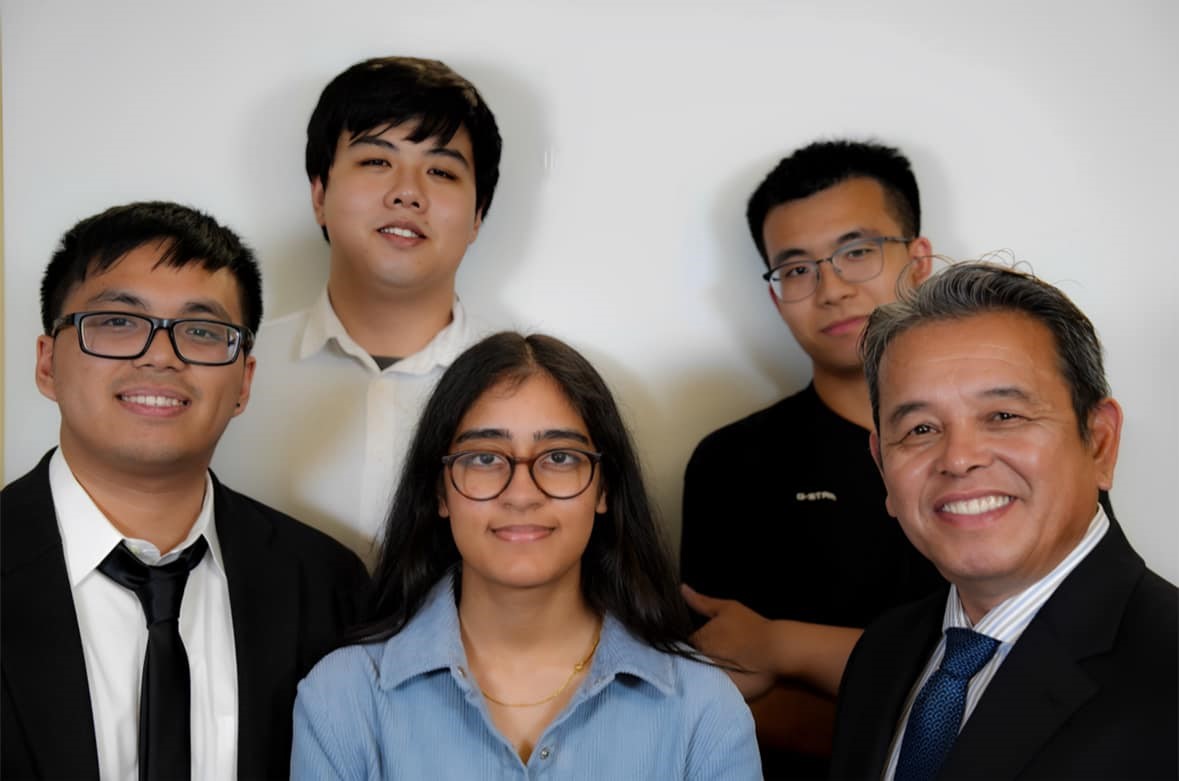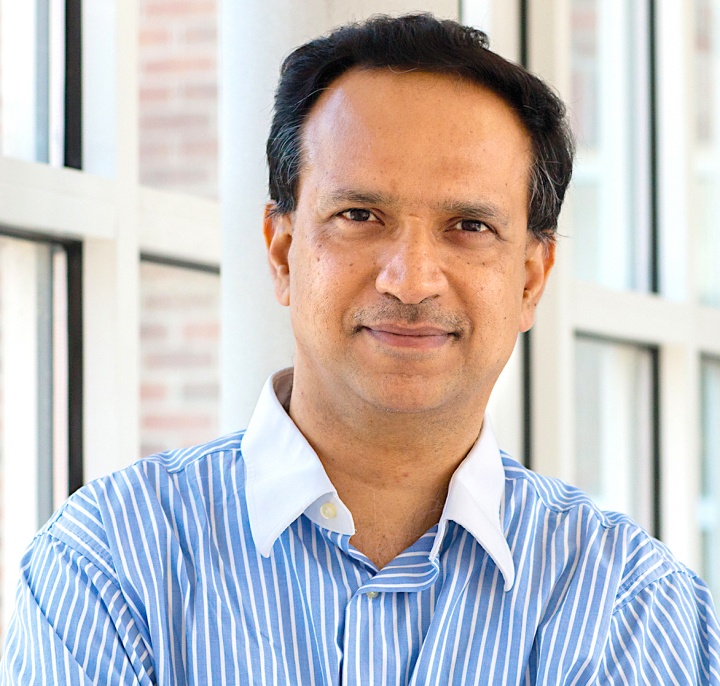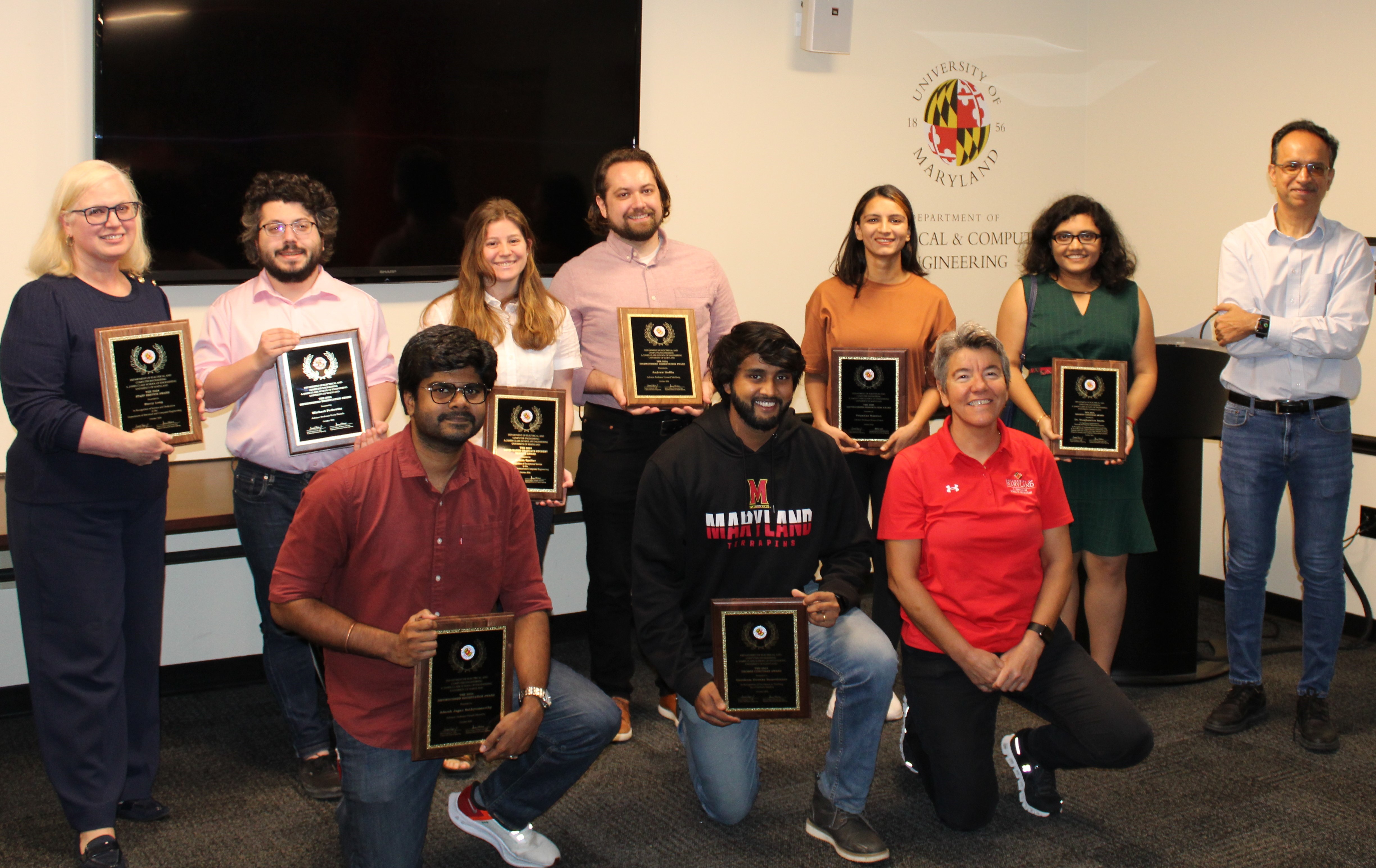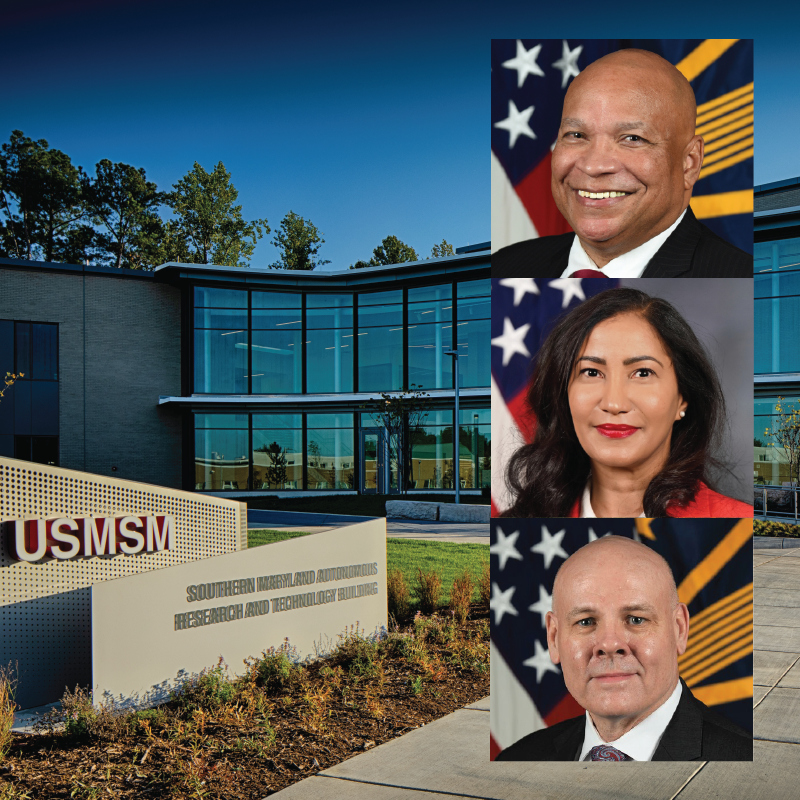News Story
Fischell Institute Womxn’s History Month Spotlight: Sydney Overton
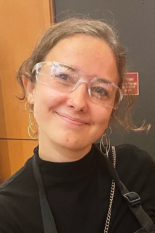
Sydney Overton is a second-year electrical engineering Ph.D. student in Fischell Institute Fellow and Herbert Rabin Distinguished Chair in Engineering Reza Ghodssi’s MEMS Sensors and Actuators Lab (MSAL). She graduated from Virginia Tech with her bachelors in electrical engineering and physics in 2019.
Overton was always interested in science, technology, engineering, and math (STEM) growing up.
“I didn’t exactly know what I wanted to do with my interest until well into my undergraduate studies when I had the opportunity to do research focused on electrically characterizing and manipulating the blood-brain barrier,” she said. “At that point, I focused on applying electrical engineering to biomedical applications.”
This experience, in combination with learning about how the Fischell Institute amplified the biomedical device research opportunities at UMD, influenced Overton’s decision to pursue a Ph.D. in electrical engineering in College Park.
Overton didn’t have a lab lined up for research when accepted into UMD. She was recommended to reach out to Ghodssi based on her interests, connected over email, and organized to meet the first day of classes. Ghodssi then invited Overton to join his lab.
“Dr. Ghodssi does a great job of stepping back and letting me come up with my ideas and work towards results, " Overton explained. "But he will step in to help me troubleshoot and make sure I am on the right track.”
Overton’s research focuses on developing an ingestible serotonin-sensing capsule device to help elucidate the role of serotonin in the gut microbiota-brain axis (GMBA). This entails developing and characterizing a microneedle electrochemical sensor capable of achieving real-time serotonin measurements in the gut epithelium.
This research is paramount to understanding specific serotonergic mechanisms and the downstream role of serotonin in the GMBA. By creating a sensing platform that is integrated with microneedles, Overton’s goal is to access the region of interest and perform electrochemical sensing simultaneously.
“I’m still in the beginning stages of my research, but I am excited about seeing those big results and knowing that my research means something,” she said. “The GMBA is not well understood, but how the gut and brain are tied together is fascinating.”
Overton recently overcame her reluctance to teach. After giving it a try as a teaching assistant, she fell in love with it and is now basing her career goals on interacting with students.
“I’ve been extremely fortunate to be supported by Dr. [Isaak] Mayergoyz and Dr. Ghodssi,” she said. “With their support, I was awarded the George Corcoran Memorial Award for being the best graduate TA in the ECE department.”
Overton enjoys the grind of academic research and her newfound passion for teaching. Her long-term goal is to secure a faculty position and establish a lab.
Overton said womxn students still lack representation in her courses and research spaces.
“It’s important to celebrate womxn in the engineering space and to help inspire future women engineers. I’ve had a lot of womxn in my life who have inspired and supported me,” she said. “My mom, in particular, was always making sure I made room for myself in male-dominated spaces and, when she could, helped ensure my voice was heard. In general, I’ve been very fortunate to have female role models in my life, including my aunt Mo and godmother.”
Outside of the lab, Overton enjoys scuba diving, skiing, reading, spending time with her dog and husband, playing board games, working in her garden, and cooking.
Published March 15, 2024

